Top 5 latest trends shaping the Indian automotive industry
From the use of the internet to better safety standards, the Indian auto industry is undergoing rapid transformation. Watch out for these latest trends
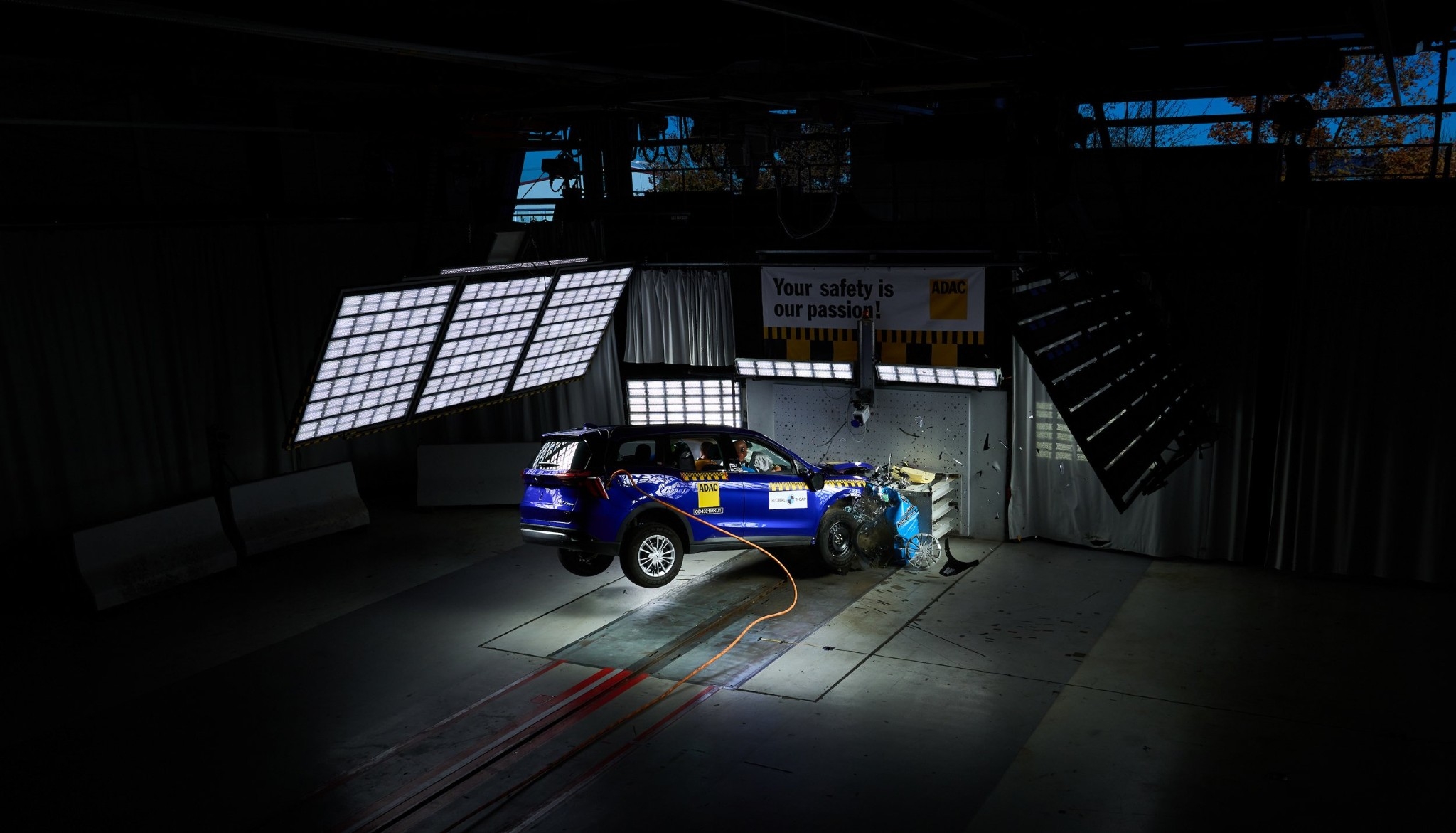 The Mahindra XUV700 has scored a five star rating in the GNCAP safety crash tests
The Mahindra XUV700 has scored a five star rating in the GNCAP safety crash testsOver the past few decades, the Indian automotive industry has witnessed a remarkable transformation, with the influx of technology playing a critical role in its evolution.
While the industry has always been known for its affordability and efficiency, with the advent of new technologies, the industry has undergone a massive change. The emergence of electric vehicles and connected cars has opened up new avenues for growth and innovation. The government's push towards a sustainable future has also spurred the growth of EVs in the country, with major manufacturers investing heavily in research and development.
The use of artificial intelligence (AI) and machine learning (ML) has also revolutionised the industry, with companies using data analytics to optimise their operations and enhance the customer experience. The rise of the Internet of Things (IoT) has also led to the development of connected cars, allowing drivers to access real-time information and control their vehicles remotely.
With a renewed focus on sustainability and eco-friendliness, manufacturers are now investing in green technologies, such as biofuels and hydrogen fuel cells, to reduce their carbon footprint. Overall, the Indian automotive industry's evolution continues at a rapid pace, with technology playing a critical role in its growth and transformation. As the industry embraces innovation and sustainability, here are the top five trends shaping the Indian automotive industry right now:
1. ADAS
In recent years, car manufacturers in India have started to offer advanced driver assistance systems (ADAS) on their vehicles. While a select few cars offered it until recently, in the past month itself, we have seen cars like the updated Honda City and Tata Harrier and Safari Red Dark Edition get it. The soon to be launched next generation Hyundai Verna will come with ADAs features too. ADAS technology includes features such as lane departure warning, automatic emergency braking, and adaptive cruise control, which can enhance the safety and convenience of driving, provided the infrastructure is in place to use these features. This trend is being driven by several factors, including the increasing demand for safer vehicles among Indian consumers, the government's push for increased road safety, and the availability of more affordable ADAS technology. With the adoption of ADAS technology, car manufacturers in India are helping to improve the overall safety of Indian roads and reduce the number of accidents and fatalities.
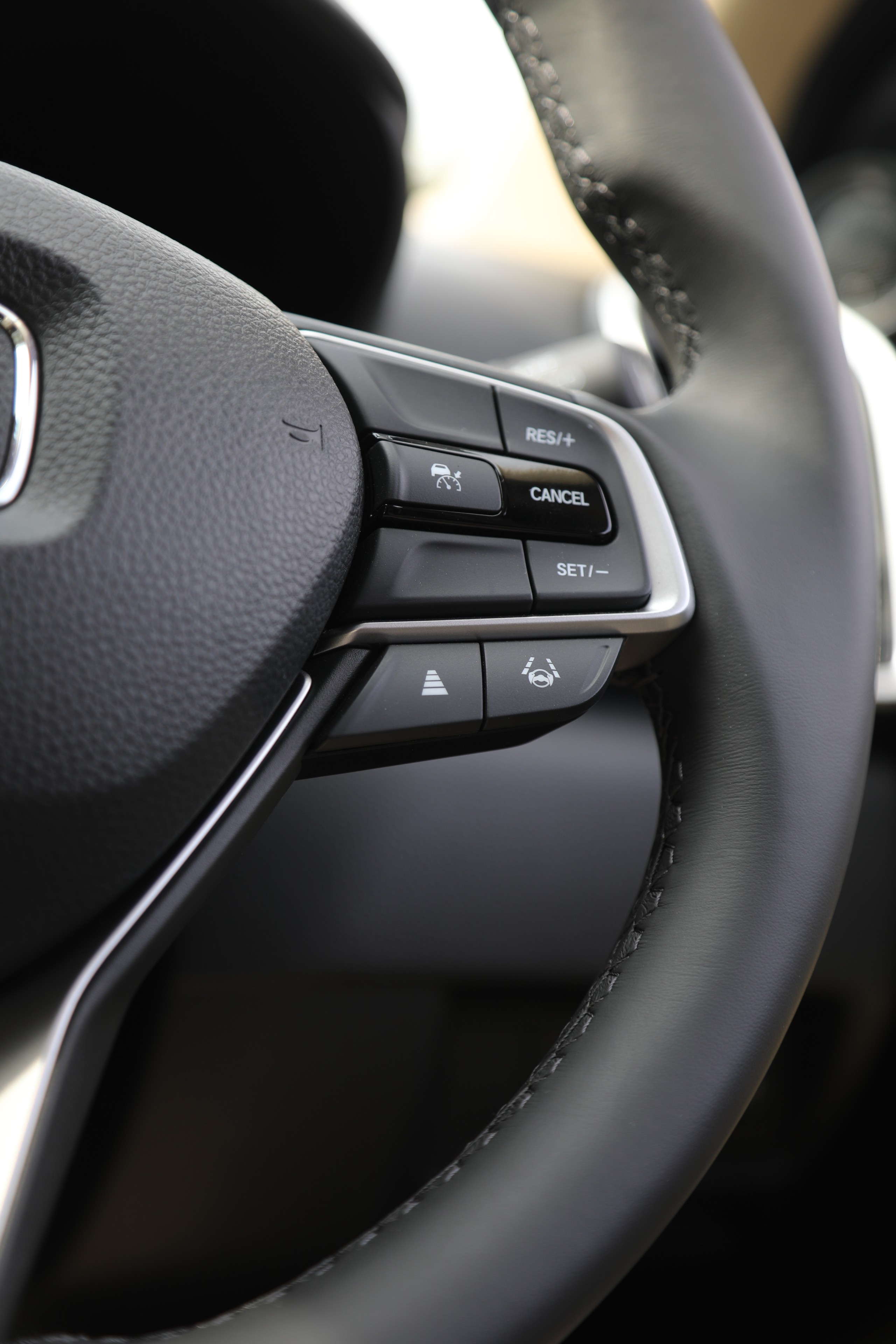 The 2023 Honda City is the most affordable car in India which offers ADAS
The 2023 Honda City is the most affordable car in India which offers ADAS2. IoT
Internet of Things (IoT) technology allows vehicles to be connected to the internet and exchange data with other devices, enabling a range of features such as remote vehicle monitoring, predictive maintenance, and real-time traffic updates. This trend is being driven by the increasing demand for connected and convenient vehicles, as well as the growing awareness among car manufacturers of the benefits of IoT technology in terms of improving vehicle performance and enhancing the overall driving experience. Especially when it comes to fleet management and ride hailing companies, IoT is used extensively. Every car in the country offers the option of connecting to the internet. From luxury car makers like Mercedes-Benz offering the Mercedes Me connected car app, you get apps from mass manufacturers like iRA from Tata Motors, UVO from Kia, BlueLink from Hyundai and iSmart from MG.
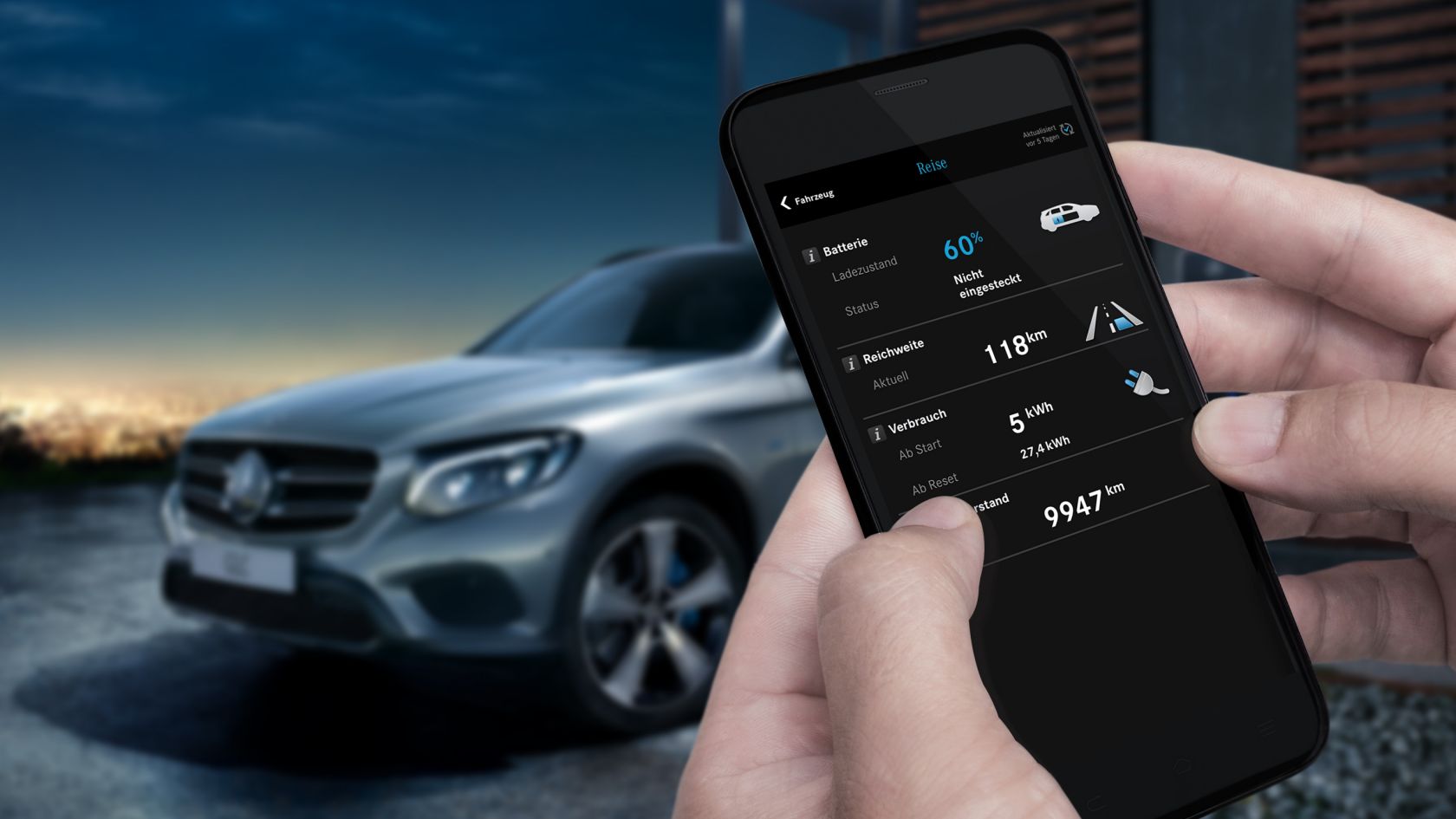 Mercedes-Benz Me connected tech
Mercedes-Benz Me connected tech3. Safety
From April 1, 2023, less than two weeks from now, India will roll out Bharat NCAP. Indian consumers are becoming more aware of the importance of safety and are demanding safer vehicles, leading to manufacturers prioritising safety features such as airbags, anti-lock braking systems, and electronic stability control. As a result, car manufacturers in India are increasingly focusing on safety and improving their NCAP (New Car Assessment Program) ratings to appeal to safety conscious Indian car buyers. The NCAP ratings evaluate the safety performance of vehicles in various crash tests, including frontal, side, and pedestrian impacts.
 The Volkswagen Taigun has scored a five star rating in the GNCAP safety crash tests
The Volkswagen Taigun has scored a five star rating in the GNCAP safety crash tests4. Electrification
The Indian government has set a target of achieving 30% EV penetration by 2030, which has prompted car manufacturers to invest in EV technology. The availability of government subsidies and incentives for EVs has also encouraged the development and production of electric cars in India. From a handful of EVs until a couple of years ago, almost every segment now has at least one EV offering now. Entry level hatchbacks like the Tata Tiago EV bring EVs to the masses, and you even have multi-crore offerings like the Porsche Taycan and Mercedes-AMG EQS 53 4Matic. With the increasing availability of EVs, Indian consumers have more options to choose from and can contribute to a greener future by adopting sustainable transportation. The rapid growth in charging infrastructure is only helping faster adoption of EVs in India. Our recently concluded K2K Record drive with the Tata Nexon EV only goes to show how widespread charging infrastructure is in the country.
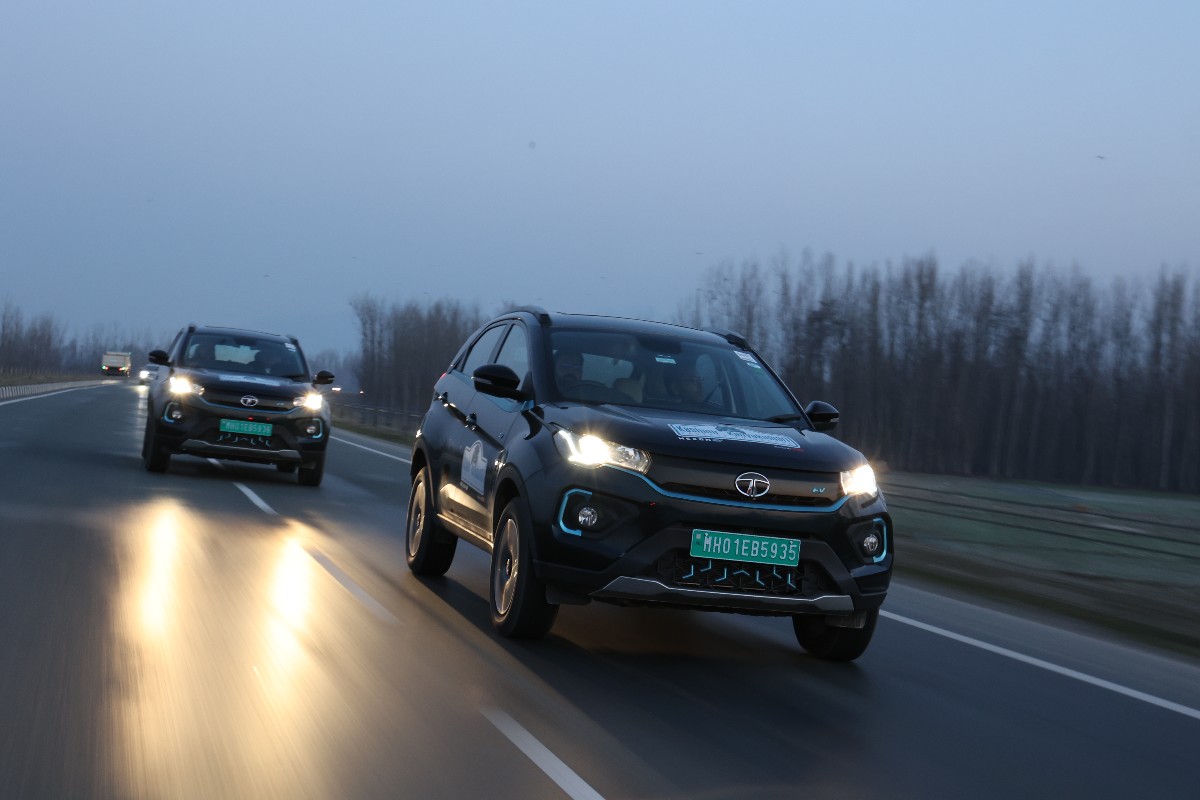 A snippet from our record-breaking K2K drive with the Nexon EV
A snippet from our record-breaking K2K drive with the Nexon EV5. Online retail
While not many Indian manufacturers openly speak about growth in online retail, it is definitely on the rise. You will not need a physical dealership to purchase a car in the near future. In the two-wheeler industry, Ola for example doesn’t have any physical showrooms. Yet you see the S1 pottering about everywhere in the country. It is just a matter of time that dealerships will become only support systems to the manufacturer. With the increasing availability of internet connectivity and the proliferation of e-commerce platforms, more and more Indian consumers are purchasing automotive products and services online. Car manufacturers and dealerships are offering online booking and purchasing options, while online marketplaces offer a wide range of automotive products, including spare parts, accessories, and even entire vehicles. The COVID-19 pandemic has further accelerated the shift towards online retail, with more consumers opting for contactless transactions.
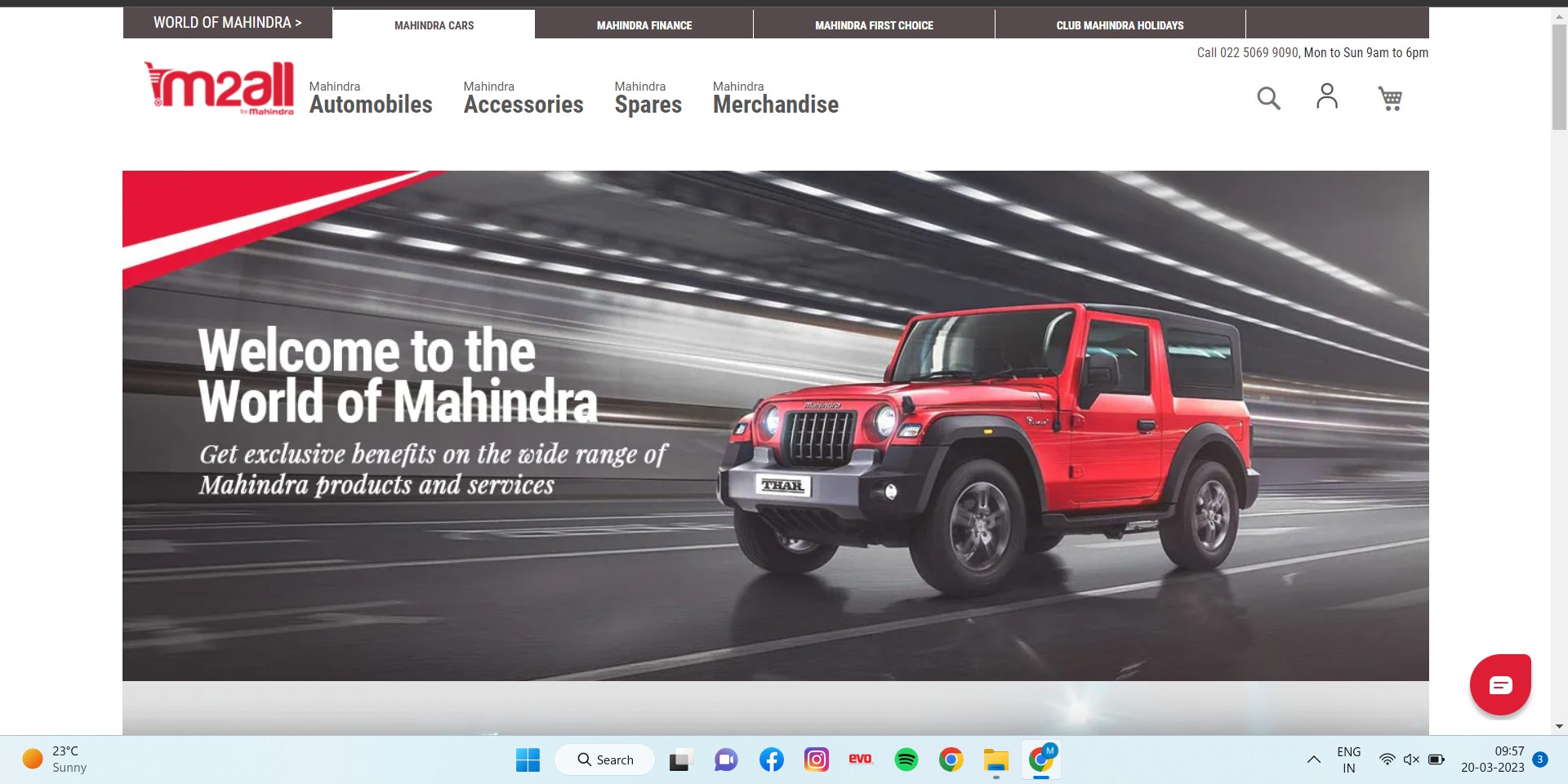 Mahindra Online retail website
Mahindra Online retail website

